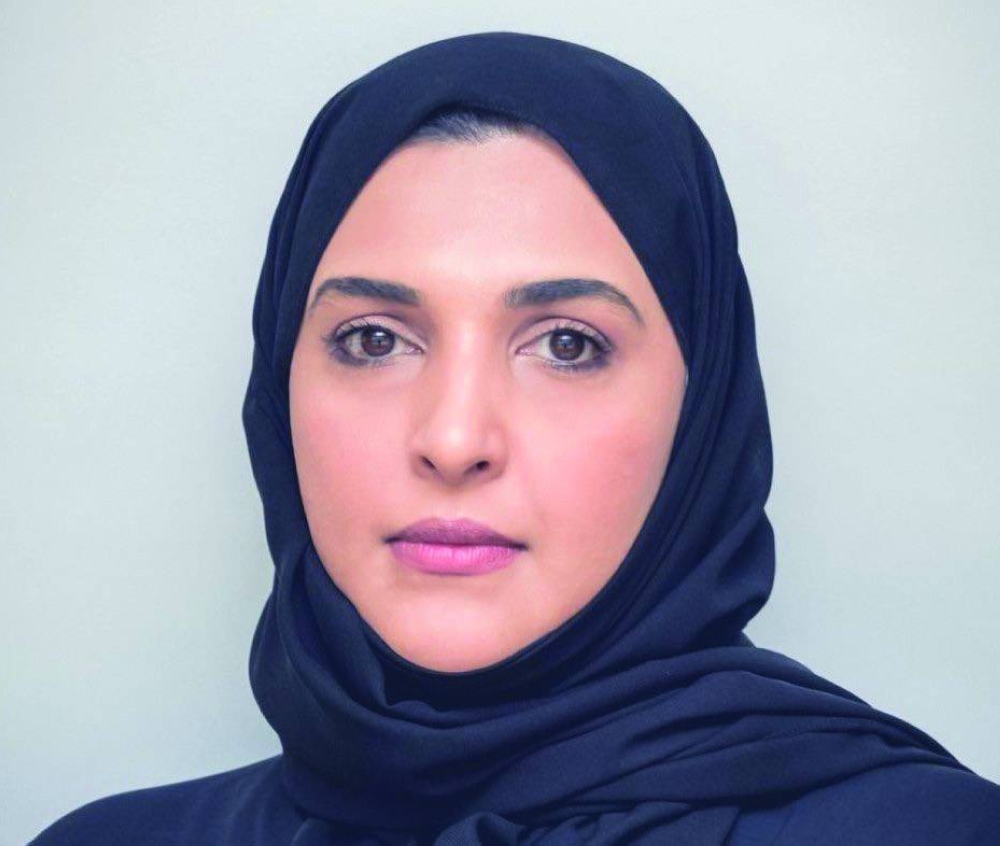HE the Chairperson of the National Human Rights Committee (NHRC) Maryam bint Abdullah al-Attiyah underscored the significant role played by the NHRC in addressing climate change. She said that the committee has made climate goals an integral part of the core of its strategic plan and its interaction with various human rights challenges and concerns. She added that what encouraged NHRC to do so is the United Nations' recognition of the right to enjoy a safe, healthy, and sustainable environment, as well as the approval of Qatar's constitution and national legislation for this right.
During a symposium held on the sidelines of the 28th session of the Conference of the Parties to the UN Framework Convention on Climate Change (COP 28) in Dubai, United Arab Emirates, HE al-Attiyah pointed out that such conferences constitute an opportunity for human rights society for dialogue on the most pressing contemporary challenges and think about the best practices that would provide solutions based on the human rights approach and the preservation of human dignity, and behind them the sustainable development goals, thanking the host country for the good organisation.
She stressed her appreciation and pride in the global recognition achieved by the Global Alliance of National Human Rights Institutions (GANHRI) regarding the role of these institutions in relation to climate change in accordance with Human Rights Council Resolution No. 51/31 issued in 2022. HE al-Attiyah noted GANHRI's efforts to obtain observer status in the COP28, adding that this strengthens their participation in climate talks and decision-making related to climate justice.
She underscored that the conference represents a glimmer of hope for obtaining this status, in recognition of their ability to confront the challenges associated with climate change contexts that do not exclude anyone. She added that the shared responsibility and the common destiny of humanity require devoting the values of partnership, developing expertise, and building on the accumulation of experiences to achieve the best for humanity.
HE al-Attiyah expressed her hope that the symposium would provide a wealth of knowledge that would enable them to continuously develop their work, as well as build new partnerships that expand the circle of those demanding the advancement of human rights and sustainable development.
NHRC organized the International Conference on Climate Change and Human Rights in co-operation with the Office of the UN High Commissioner for Human Rights, UN Development Program (UNDP), League of Arab States, and Global Alliance of National Human Rights Institutions (GANHRI), with the participation of more than 250 experts and stakeholders from different countries around the globe, including policymakers, academics, lawyers, human rights experts, climate experts and ministries relevant to climate change, as well as ministries of environment, justice, energy, water, renewable energy, climate, development and economics, media, research centers, companies and international organizations.
The conference issued 40 recommendations presented by the Doha Declaration to the concerned parties and international community institutions, which included general recommendations, recommendations for national human rights institutions, recommendations for the UN system, recommendations for the business sector, recommendations for civil society, in addition to practical proposals and recommendations.

HE Maryam bint Abdullah al-Attiyah
